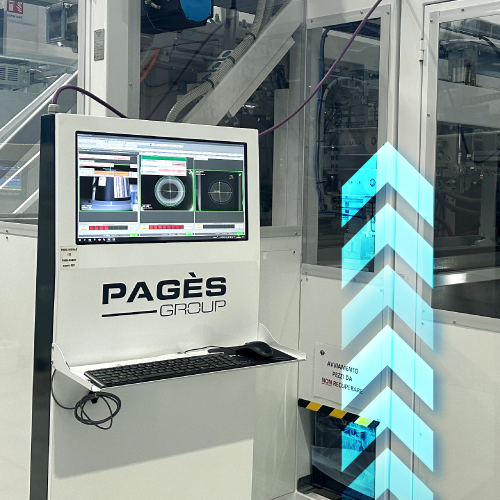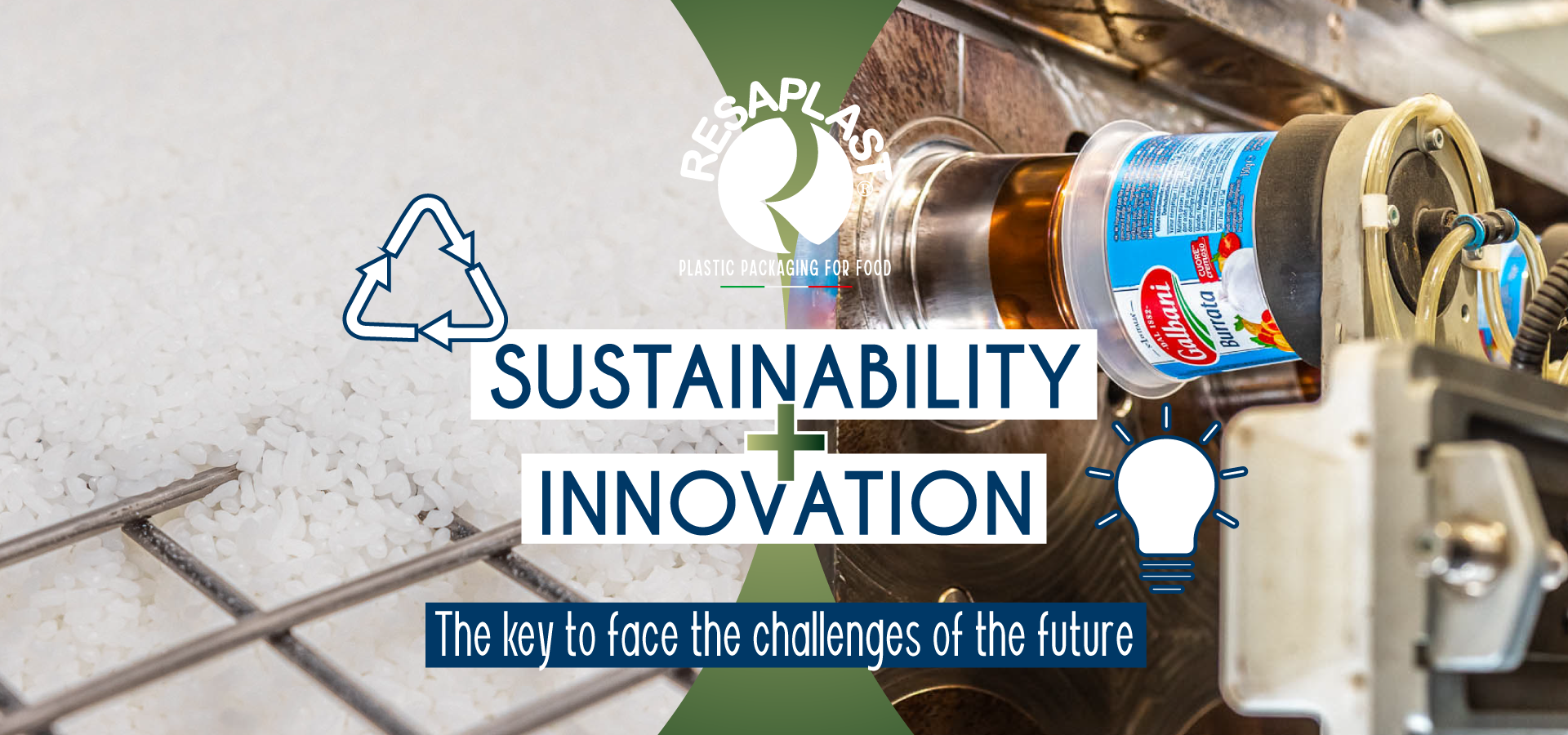

The packaging sector is undergoing a deep transformation, driven by changes in consumer habits, new technologies, and strict environmental constraints.
For years, Resaplast has been a key player in the food plastic packaging industry, positioning itself at the forefront of this evolution by promoting an approach where sustainability and technological innovation reinforce each other.
However, the widespread use and excessive consumption of packaging have raised an essential question: how can we reconcile the essential functions of packaging with the need to minimize its environmental impact?
PACKAGING AND SUSTAINABILITY
According to a UN report, 36% of municipal solid waste is attributable to packaging materials. This statistic underscores the urgency of adopting targeted measures to reduce the ecological impact of packaging, maximize its recyclability, and minimize waste.
Resaplast has taken a clear path in this direction by developing plastic packaging solutions based on:
- Circular materials: by transitioning from traditional plastics to recyclable polymers like polypropylene and collaborating with reconditioning companies and secondary raw material producers, the company promotes a circular approach to address the global waste challenge.
- Plastic reduction: Resaplast focuses on simplifying packaging systems and developing lighter packaging designs to reduce overall plastic usage without compromising performance in terms of strength and protection.
- Environmental labeling: Resaplast packaging guides consumers in the proper material disposal through clear and transparent information.
In this way, Resaplast aims to reduce waste and extend the lifecycle of packaging, delivering tangible benefits for both the environment and production efficiency.
PACKAGING AND INNOVATION
The future of packaging lies in the development of increasingly smart and high-performing solutions, enabled by advanced technologies and their ability to directly optimize food preservation conditions.
Resaplast invests in two main technological areas:
- Active and intelligent packaging: the company is exploring smart packaging solutions that integrate technologies such as QR codes on customer-specified labels, allowing for product origin tracking and freshness monitoring.
- High-performance materials: the use of high-barrier polymers, such as polypropylene, helps extend the shelf life of food products while maintaining high-quality standards and reducing waste.
The evolution of food packaging represents an opportunity to redesign the entire production chain with a green and innovative perspective.
This is why Resaplast seizes the opportunities presented by this challenge, offering advanced packaging solutions that protect food safety and respect the environment.


